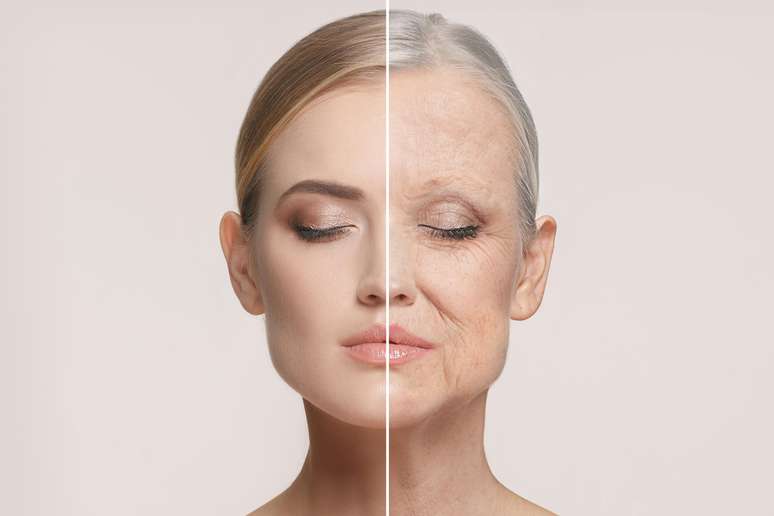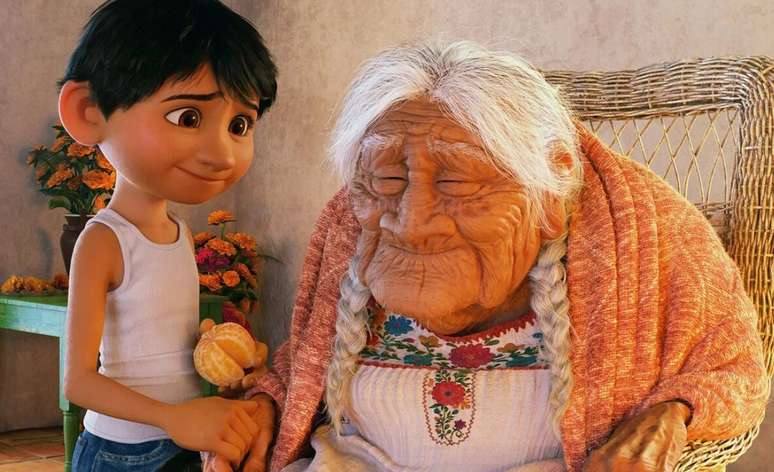The DNA test identifies the variants of the genetic code more or less likely to show the first signs of aging
html[data-range=”xlarge”] figure image img.img-e947854cbc75bdba9e03798e01b11865lfqu30eh { width: 774px; height: 516px; }HTML[data-range=”large”] figure image img.img-e947854cbc75bdba9e03798e01b11865lfqu30eh { width: 548px; height: 365px; }HTML[data-range=”small”] image figure img.img-e947854cbc75bdba9e03798e01b11865lfqu30eh, html[data-range=”medium”] figure image img.img-e947854cbc75bdba9e03798e01b11865lfqu30eh { width: 564px; height: 376px; }
Before resorting to various procedures to delay aging of the face, have you ever wondered if you really need them? Your DNA could be the answer.
This is because variations in the genetic code cause people to age rapidly while others appear to age more slowly.
Some of the genes related to the jovial trait are COL1A1 AND COL3A1responsible for the production of collagen, e ELN extension, producer of elastin. They are molecules that give support and elasticity to the skin and it is possible to know how your body produces them.
This is where DNA comes into play. In recent years the genetics market has begun to have databases with millions of people sequenced and information that allows analyzes ranging from snoring to predisposition to the development of diseases.
So why not tackle aging? The company meuDNA, from the area of technology and genomic analysis, took the lead from a study that had the following basic question: Do you look older or younger than you are?
Responses are sorted into groups, genetic variations are analyzed, and mutations that contribute to, for example, an older or younger looking face are identified.
“We can’t yet say, ‘You look younger because your collagen is stronger,’ but we already have the ability to say that, genetically, in this component here, you’re more down there than down here,” exemplifies David Schlesinger, Ph.D. CEO of meuDNA, in an interview with Terra.
The idea with this information is not to suggest that clients rush to beauty clinics if the signs of aging are premature, nor to suggest that they can “toast eight hours in the sun” because “the genetics are great.”
“There are rare variants, environmental and genetic factors, and we don’t even know all of them,” reflects Schlesinger. This means that basic care such as skin hydration and sun protection should always be maintained.
The attraction is curiosity
According to him, for now, the biggest attraction is curiosity. “The nice thing about all of these things is that we hear all the time that a study on sleep genetics has been published, for example, and then people read these articles or look at these reports and say, ‘So what?’
So, we put this algorithm within the Brazilian scale, we test thousands of people to see how the distribution is and we say to the subscriber: ‘you are here among the people who sleep the most'”, he explains.
The service is offered through the “meuDNA Perfil” plan, which can be subscribed to monthly, quarterly or annually starting at BRL 24.90 per month. For subscribers, every week new information related to their genetic code: in the two months that the package has been launched, the company has already released reports on sleep, coffee consumption, facial aging, among other topics.
Source: Terra
Ben Stock is a lifestyle journalist and author at Gossipify. He writes about topics such as health, wellness, travel, food and home decor. He provides practical advice and inspiration to improve well-being, keeps readers up to date with latest lifestyle news and trends, known for his engaging writing style, in-depth analysis and unique perspectives.







